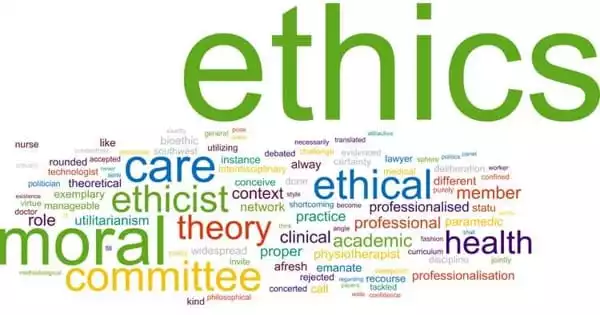Ethics is a broad term that encompasses the study of the nature of morals as well as the specific moral choices that must be made. Normative ethics seeks to answer the question, “Which general moral norms for the guidance and evaluation of conduct should we accept, and why?” Some moral norms for right behavior are universal to humanity because they transcend cultures, regions, religions, and other group identities and constitute common morality (e.g., not to kill, or harm, or cause suffering to others, not to steal, not to punish the innocent, to be truthful, to obey the law, to nurture the young and dependent, to help the suffering, and rescue those in danger).
Primary care ethics is the study of the everyday decisions that primary care clinicians make, such as how long to spend with a specific patient, how to reconcile their own values and those of their patients, when and where to refer or investigate, and how to maintain confidentiality when dealing with patients, relatives, and third parties. All of these decisions involve values as well as facts and are thus ethical issues. These issues may also affect other primary care workers, such as receptionists and managers.
Primary care ethics is not a discipline; rather, it is a theoretical field of study that is both a component of primary health care and an aspect of applied ethics. According to De Zulueta, primary care ethics has “a definitive place on the ‘bioethics map,” as evidenced by a substantial body of empirical research, literary texts, and critical discourse. The substantial body of research referred to by De Zulueta tends to be issue-specific, such as rationing, confidentiality, medical reports, or relationships with relatives.
Much of the primary care ethics literature focuses on primary care physicians. The term primary care physician is synonymous with family practitioner or general practitioner, and refers to a medically qualified clinician who is the first point of contact for health care, with general responsibilities that may or may not include child health or obstetrics and gynecology. Other primary care clinicians, such as nurses, physiotherapists, midwives, and in some cases pharmacists, may face similar issues, and some (such as patient confidentiality and prioritization) may also involve administrative staff. Many of these issues may be encountered by primary care specialists in some healthcare systems.
It is customary in many countries for primary care doctors to issue certificates allowing patients to miss work due to illness. In some countries, such certificates are required even for a single day’s absence from work, which can account for a significant portion of a primary care physician’s workload. These certificates are only required in other countries for longer periods of illness. In either case, this function can present ethical issues for doctors as they attempt to balance a duty to do the best for the patient, a duty not to lie to employers, and the need to maintain the doctor-patient relationship for professional and/or financial reasons.
















